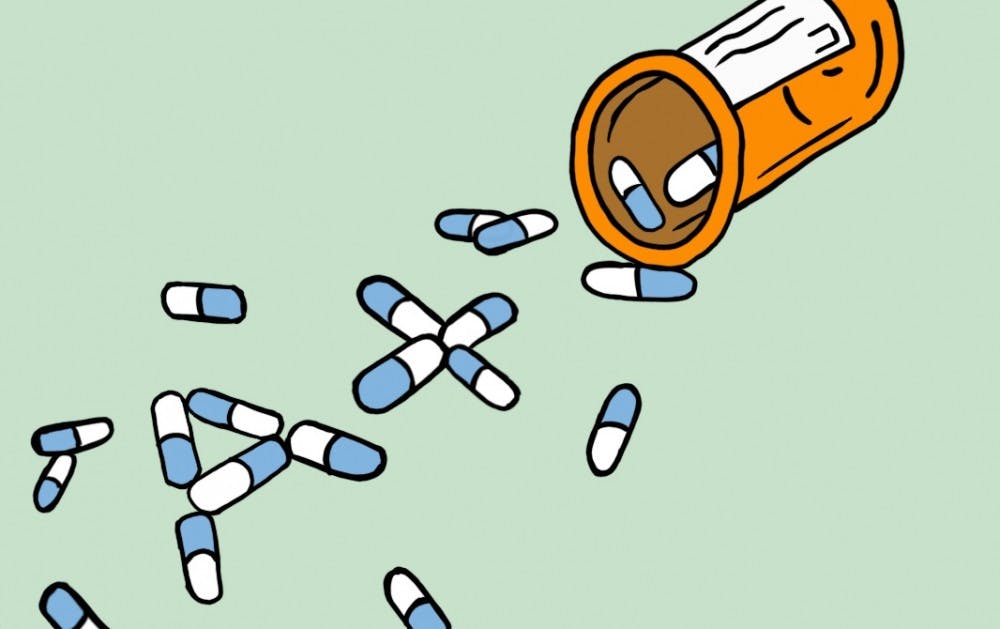Attention Deficit Hyperactivity Disorder or ADHD is a medical condition that creates differences in brain development and brain activity that affect attention, the ability to sit still and self control. School age children as well as older individuals can suffer from ADHD. ADHD can affect every aspect of life including school, at home and in friendships.
Identifying ADHD is often easy as certain symptoms are noticeable. While all kids struggle from time to time to pay attention, listen and follow directions to sit still or wait their turn children with ADHD find the struggle happens more. If your child has these following symptoms they may have ADHD.
- attention is a struggle as individuals often find their selves easily distracted. Listening may be an issue as well Because of the loss of attention and inability to listen the individual my miss important details and not be able to finish what they started. Individuals may also seem absent minded or forgetful and often loose track of what they are doing as they daydream too much
- hyperactive shows itself in being fidgety, restless and easily bored. They often have the inability to sit still, or stay quiet Careless mistakes may occur as individuals rush through the work. Children with ADHD may climb, jump or roughhouse at inappropriate times.
- Individuals with ADHD may find that they are impulsive and act before thinking. Interrupting, pushing , grabbing and the such may be signs of being impulsive. Emotional reactions that are extreme may occur as well
After signs of ADHD are noticed then a diagnoses takes place Your child's doctor can make the diagnosis through a check up, vision and hearing test to rule out anything else that may be the issue. Doctors often refer children to child psychologist or psychiatrist. To make a diagnosis of ADHD doctors first look at health, behavior and activity. A discussion with parents and child will take place then. Often a checklist is completed and a checklist for the teacher may be done as well. Diagnosis is completed when these signs are present.
- A child's distractibility, hyperactivity, or impulsivity go beyond what's usual for their age.
- The behaviors have been going on since the child was young.
- Distractibility, hyperactivity, and impulsivity affect the child at school and at home.
- A health check shows that another health or learning issue isn't causing the problems.
Many kids with ADHD also have learning problems, oppositional and defiant behaviors, or mood and anxiety problems. Doctors usually treat these along with the ADHD.
Treatments of ADHD include medicine, parent coaching, and support in school. The medicine will activate the brain's ability to pay attention, slow down and use self control. Parent coaching helps their children to learn the best way to respond to behavior difficulties that are part of ADHD. Teachers can also help students with ADHD do well and learn to enjoy school. Not treating ADHD leads to a hard life. Succeeding is hard because of the issues they face. Students with untreated ADHD often live with low self esteem, depression, oppositional behavior, school failure, and family conflict.
Parents should be aware of what ADHD is. It is often parents responsibility to follow the advice of child's doctor as well as keep appointments. Medicine should be kept safe and on tract. Be involved in the schools Inquire about your child having an IEP
facebook groups I shared this post include retweet post here
shared post at these blog linkups






Our daughter was formally diagnosed ADD, she’s in the eleventh grade. Paper writing is really tough but I think we have finally found a platform that works for her, it’s called Ink for All.
ReplyDeleteOMG are content platforms distracting! Anyone else also have this problem? Grateful to have discovered this new INK FOR ALL writing tool, it has an offline mode, dark theme, and clean fullscreen: http://bit.ly/2DWi1K9
ReplyDelete